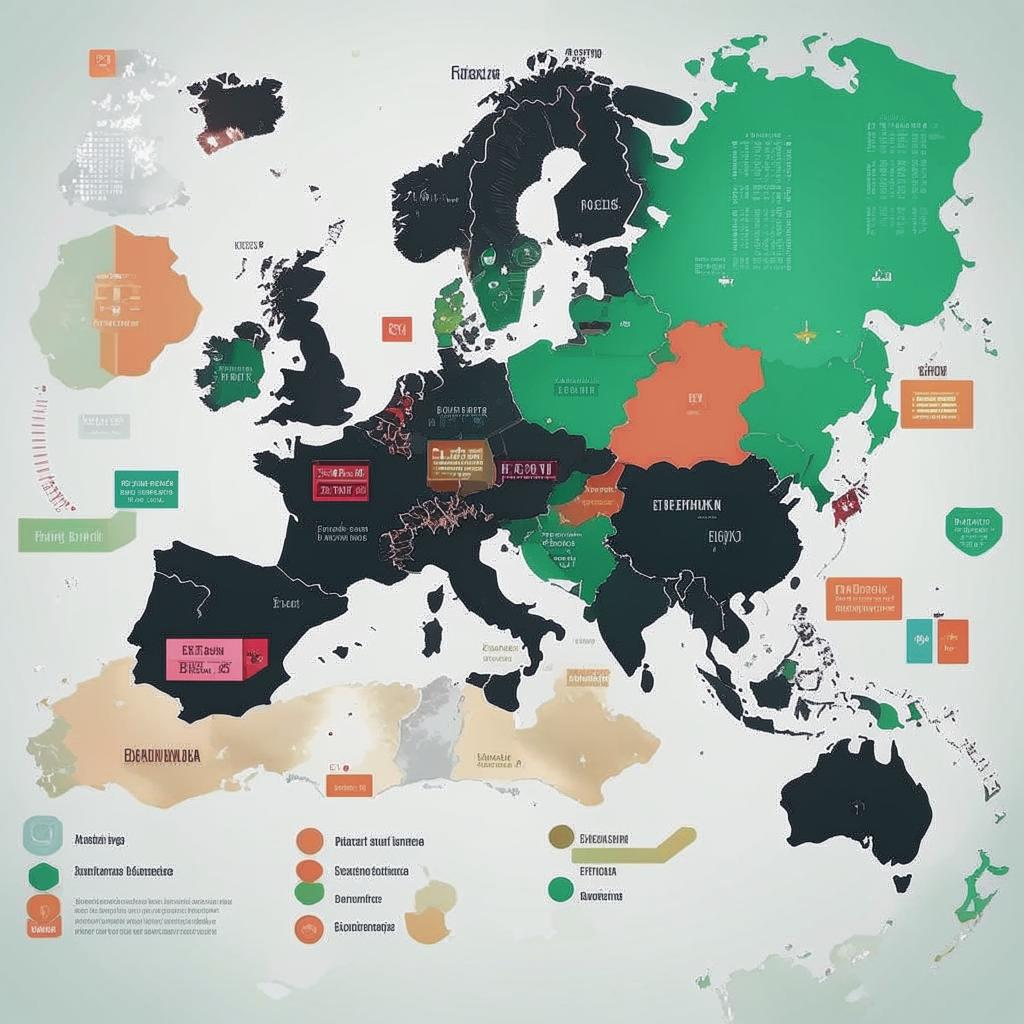The global landscape of work is rapidly evolving, with digital nomadism gaining significant traction. Fueled by technological advancements and a growing desire for flexibility, location-independent workforces are reshaping economies and lifestyles. A key indicator of this trend is the surge in popularity of digital nomad visas.
Several countries are actively competing to attract these remote workers, recognizing the potential economic benefits they bring. Digital nomads often possess high levels of education and disposable income, contributing to local economies through spending on accommodation, food, entertainment, and other services. Furthermore, they can inject innovation and fresh perspectives into local communities.
Nations like Estonia, Portugal, Barbados, and Costa Rica have pioneered digital nomad visa programs, offering streamlined pathways for remote workers to legally reside and work within their borders for extended periods. These visas typically come with specific requirements, such as proof of income, health insurance, and a clean criminal record. The appeal lies in the opportunity to experience a new culture, enjoy a lower cost of living, or simply escape the confines of a traditional office environment.
The rise of digital nomad visas also presents challenges. Governments must grapple with issues such as tax revenue collection, healthcare access for temporary residents, and potential strain on local infrastructure. Careful policy design is crucial to maximize the benefits of digital nomadism while mitigating potential drawbacks.
Beyond individual countries, the trend is impacting global real estate, technology, and travel industries. Co-living spaces and remote work hubs are emerging in popular digital nomad destinations, catering to the specific needs of this growing demographic. As technology continues to blur the lines between work and travel, the digital nomad lifestyle is poised to become even more mainstream, shaping the future of work in profound ways. It represents a fundamental shift in how people perceive careers and personal fulfillment, prioritizing experiences and autonomy over traditional notions of success.












